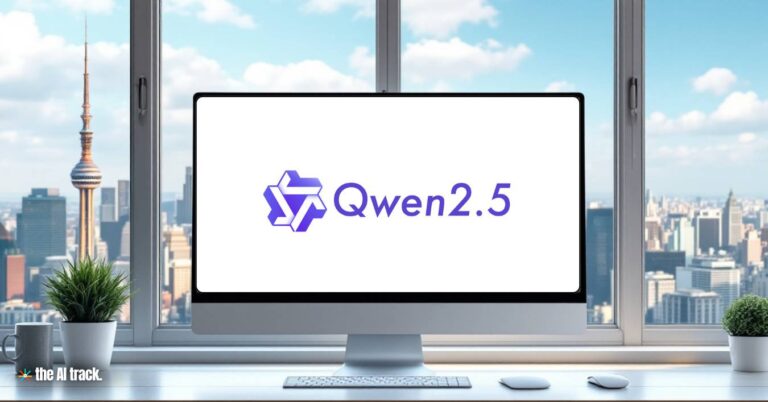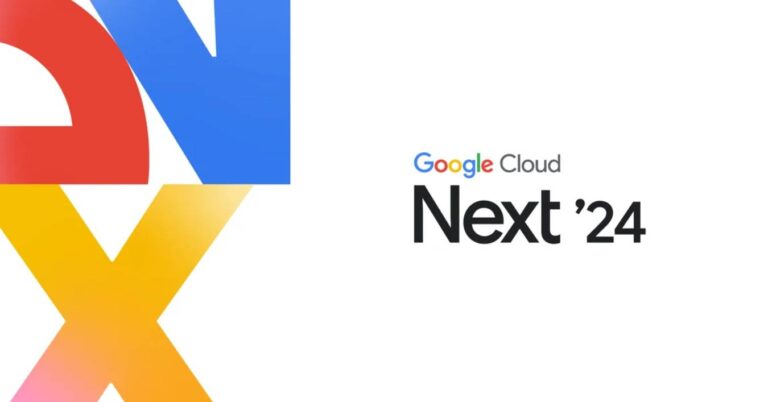A team under Meta dubbed Meta FAIR (Meta’s Fundamental AI Research) shares research aimed at advancing machine intelligence (AMI) and supporting open science. These releases include updates to the Segment Anything Model (SAM 2.1), a new multimodal language model (Meta Spirit LM), cryptographic security validation tools, and AI-assisted materials discovery datasets, among others. According to Meta, the purpose is to foster innovations in AI technology by promoting accessibility and reproducibility in research.

Meta FAIR new releases – Key Points
Meta Segment Anything Model 2.1 (SAM 2.1):
SAM 2.1 is an updated version of the popular Segment Anything Model for image and video segmentation, which has seen over 700,000 downloads since its initial release. It introduces enhanced object recognition, improved handling of occlusion, and new data augmentation techniques. A developer suite, including training and web demo code, is also available to further extend its applications in fields like medical imaging and meteorology.
Meta Spirit LM:
Meta Spirit LM is a multimodal language model that integrates both speech and text seamlessly. By leveraging word-level interleaving techniques, the model can generate text and speech with high semantic and expressive capabilities. Two versions—Spirit LM Base and Spirit LM Expressive—focus on general semantic tasks and capturing nuanced tone and emotion, respectively. This model opens up new possibilities for natural, expressive speech generation and speech classification.
Layer Skip for LLM Performance:
Layer Skip is a method designed to accelerate large language model (LLM) performance by selectively executing certain layers during generation. This innovation reduces computational and energy costs while maintaining model accuracy. It has shown to improve generation speed by up to 1.7x and is compatible with models such as Llama 2 and Code Llama.
Salsa for Post-Quantum Cryptography Security:
Meta FAIR is releasing Salsa, a tool for validating post-quantum cryptographic security. Salsa focuses on lattice-based cryptography, which is essential for future-proofing data security against quantum computing threats. By using AI-based attacks, Salsa evaluates vulnerabilities in encryption methods, helping researchers strengthen cryptographic protocols.
Meta Lingua for Efficient Model Training:
Meta Lingua is a modular and self-contained codebase designed to facilitate language model training at scale. It prioritizes simplicity and efficiency, enabling researchers to quickly translate ideas into experiments without technical hurdles, contributing to faster and more reproducible AI research.
Meta Open Materials 2024:
This dataset and model package is designed to accelerate the discovery of inorganic materials using AI. With over 100 million training examples, the open-source Meta Open Materials 2024 aims to reduce the time needed for technological advancements in material science, providing an alternative to proprietary models currently used in this field.
Mexma for Cross-Lingual Sentence Encoding:
Mexma is a new sentence encoder designed to improve cross-lingual understanding across 80 languages. The model utilizes both token- and sentence-level objectives, allowing it to generate better-aligned sentence representations and perform well on tasks like sentence classification.
Self-Taught Evaluator for Reward Models:
Meta’s Self-Taught Evaluator generates synthetic data to train reward models without relying on human annotations. This approach, tested on the RewardBench benchmark, outperforms other models like GPT-4 in efficiency and human agreement rates, providing a scalable solution for developing reward models using AI-generated preference data.
Why This Matters:
These releases showcase Meta’s commitment to advancing AI research while promoting open science. Tools like SAM 2.1 and Spirit LM will enable researchers to push the boundaries of what AI can do in fields ranging from speech recognition to cryptography. Meta’s open-source models and datasets also pave the way for innovations in materials science, large language models, and AI performance optimization.
Explore the key differences between open source vs closed source AI, including their benefits, challenges, and implications for the future of AI
Read a comprehensive monthly roundup of the latest AI news!
The AI Track News: In-Depth And Concise
Source
- Sharing new research, models, and datasets from Meta FAIR – Meta, 18 October 2024







